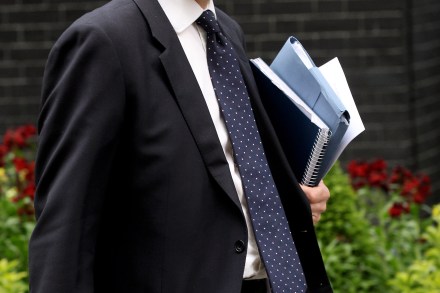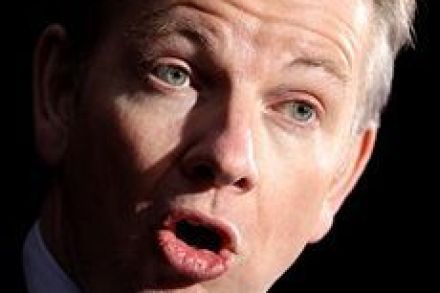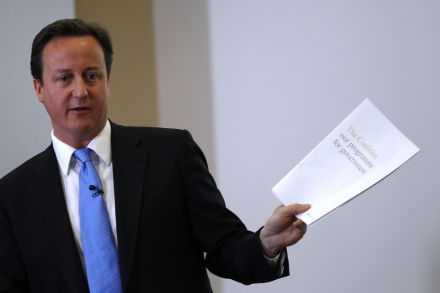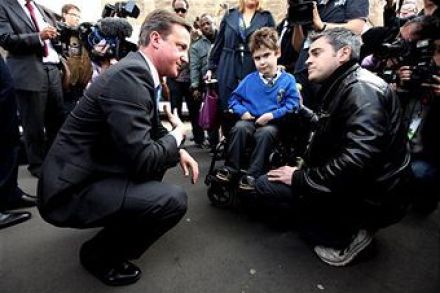The schools revolution is under way
There’s an historic tinge to proceedings this morning, as Michael Gove prepares to release an application form by which parents, charities and other groups can establish free schools. In effect, this is zero hour for the policy that The Spectator described as “reason enough to vote Conservative” a couple of months ago. The coalition is hoping that the first of the new breed of schools will appear in September next year. Much of it will come down to take-up: how many schools are set up, and when. So it’s encouraging that people and organisations are already expressing heavy interest in the government’s plans. As Michael Gove revealed in an excellent



















